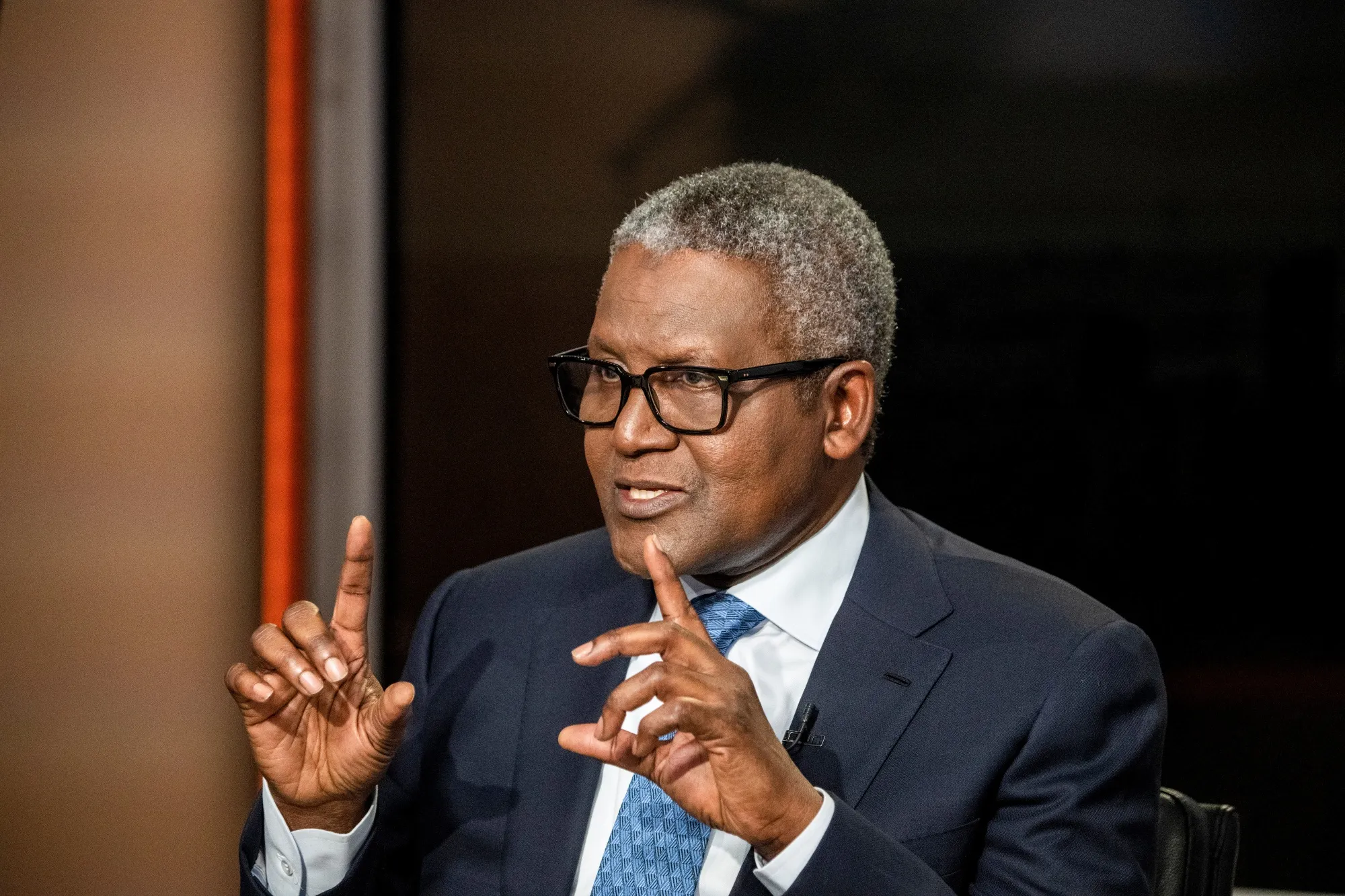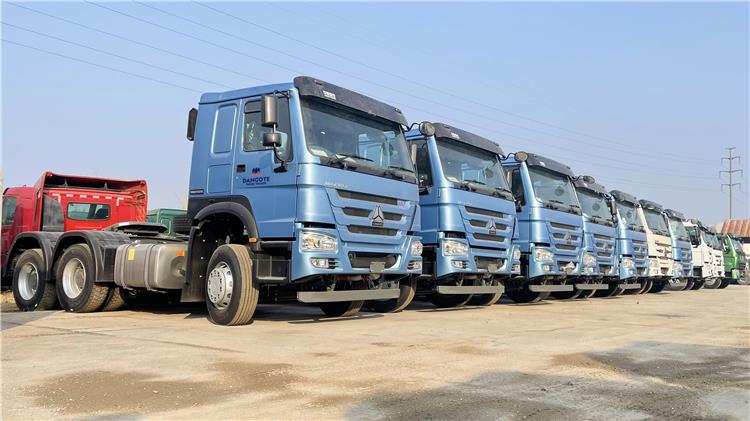
Aliko Dangote is turning his attention beyond manufacturing with plans to integrate electric trucks into the Dangote Group’s fleet, a multi billion dollar push that positions his empire at the forefront of Africa’s clean energy shift.
- Aliko Dangote, Africa’s wealthiest individual, is advancing by introducing electric trucks through his conglomerate, Dangote Group.
- This initiative aligns with the company’s strategy to modernize logistics by utilizing CNG-powered trucks to distribute refined fuel in Nigeria.
- Dangote has invested heavily in transitioning from outdated fuel trucks to more sustainable and safe vehicle options.
- Experts see Dangote’s efforts as a catalyst in Africa’s broader energy transition, potentially enhancing regional competitiveness in EV production.
Africa’s richest man, Aliko Dangote, is not slowing down after bringing his 20 billion dollar Lagos refinery online.
The billionaire has confirmed that the Dangote Group is preparing to import electric trucks, a move that could redefine his conglomerate’s role in Africa’s energy and transportation landscape.
He made the disclosure on Monday during the official rollout of Compressed Natural Gas (CNG) powered trucks from the company’s multi billion dollar refinery.
The new fleet, part of an ambitious logistics overhaul, will deliver refined fuel directly to filling stations across the country at no cost to consumers.
Dangote has already committed ₦720 billion to the purchase of 4,000 CNG trucks, being shipped in batches from China. As of late August, sources within the company revealed around 1000 of the vehicles had arrived in Nigeria, with more expected in the coming weeks.
Full scale operations are scheduled to begin in August, though analysts warn that shipping and logistical delays could slow the arrival of the entire fleet.
Dangote explained that the decision to replace old fuel trucks was not just about chasing trends but about protecting his multibillion dollar investment.
He ruled out the continued use of outdated fleets, citing safety concerns.
“You cannot tell me to keep using these old trucks. And now if there is an accident, you want to come and say sorry, we have to safeguard our own investment,” he said, warning that faulty trucks, sometimes deliberately introduced into the system, could cripple refinery operations.
The EV Question: Charging Costs vs. Infrastructure Gaps
Critics immediately raised questions about whether Nigeria is ready for electric vehicles, especially given the lack of charging infrastructure.

Dangote countered with a personal anecdote from abroad, where an Uber driver using a Tesla told him it cost just €20 to fully charge the car’s battery, good for nearly 500 kilometres.
“Things have changed, and all of us will have to keep changing because if not, you will become archaic,” Dangote said, solidifying his belief that even Africa cannot afford to be left behind in the energy transition.
Africa’s EV Market: Immense Potential, Critical Gaps
Across Africa, the electric vehicle market is still in its infancy. According to the International Energy Agency, EVs account for less than 1 percent of total car sales on the continent compared with about 18 percent globally.
Growth has been led by smaller startups in Kenya, Rwanda and South Africa, where electric motorbikes and buses are being introduced in urban centers.
The barriers to mass adoption remain steep. High import costs, weak charging infrastructure, erratic power supply and limited local manufacturing continue to slow progress.
In Nigeria, where more than 200 million people depend on one of the most fuel reliant transport systems in the world, electric mobility is still more vision than reality.
Yet the potential is undeniable. Africa holds some of the world’s largest reserves of critical minerals, from cobalt in the Democratic Republic of Congo to lithium in Zimbabwe, both essential for EV batteries. If properly harnessed, this resource base could give the continent a competitive edge in the global EV supply chain.
Analysts warn that without large scale private sector investment Africa risks falling behind in the global energy transition. Dangote’s entry could shift that trajectory by signaling to governments, financiers and rivals that the time to back EV infrastructure and manufacturing is now.
For Dangote, the electric truck initiative complements a broader diversification play that already spans cement, fertilizers, sugar and salt.
The Lagos refinery may be his empire’s crown jewel, but as he often notes, survival depends on change. For him, the future may not just be about fueling cars, but also about driving them.












